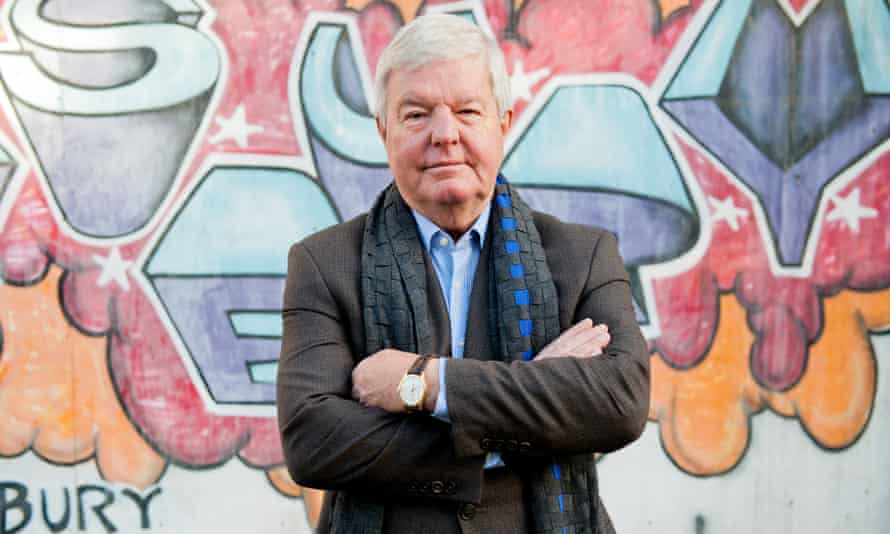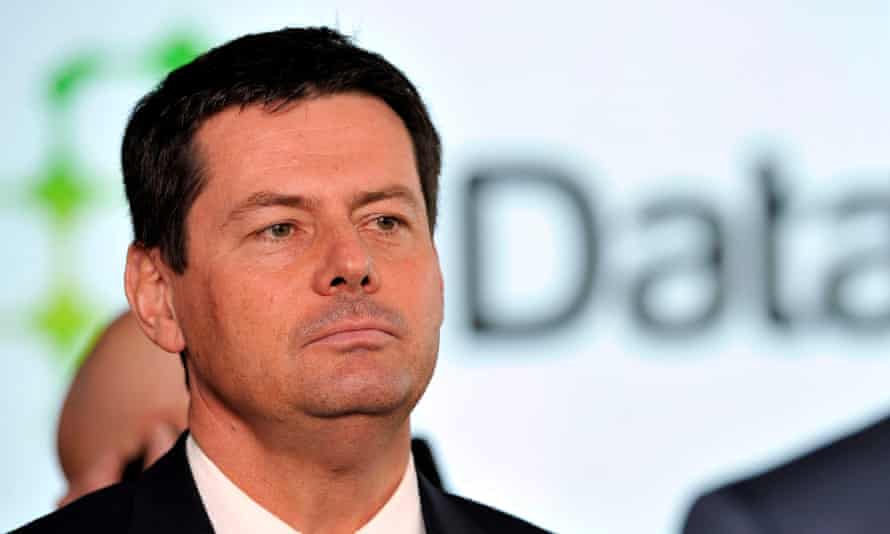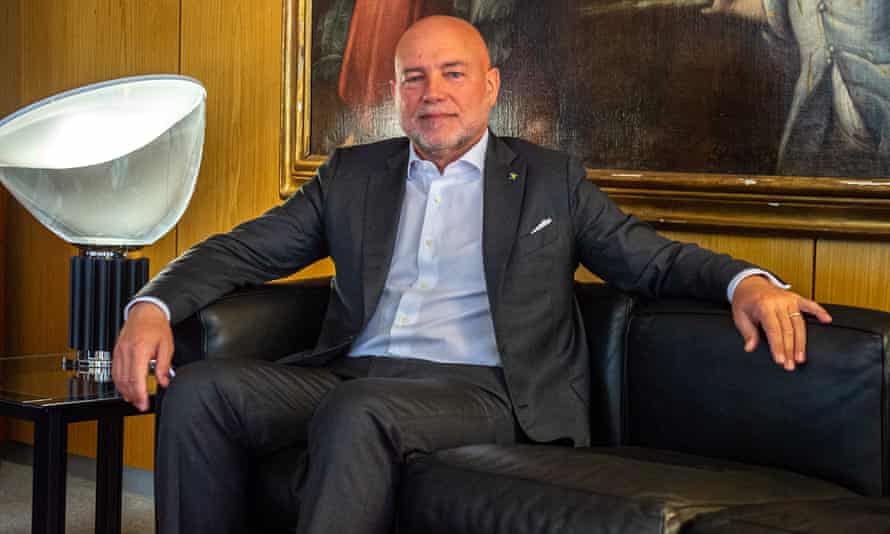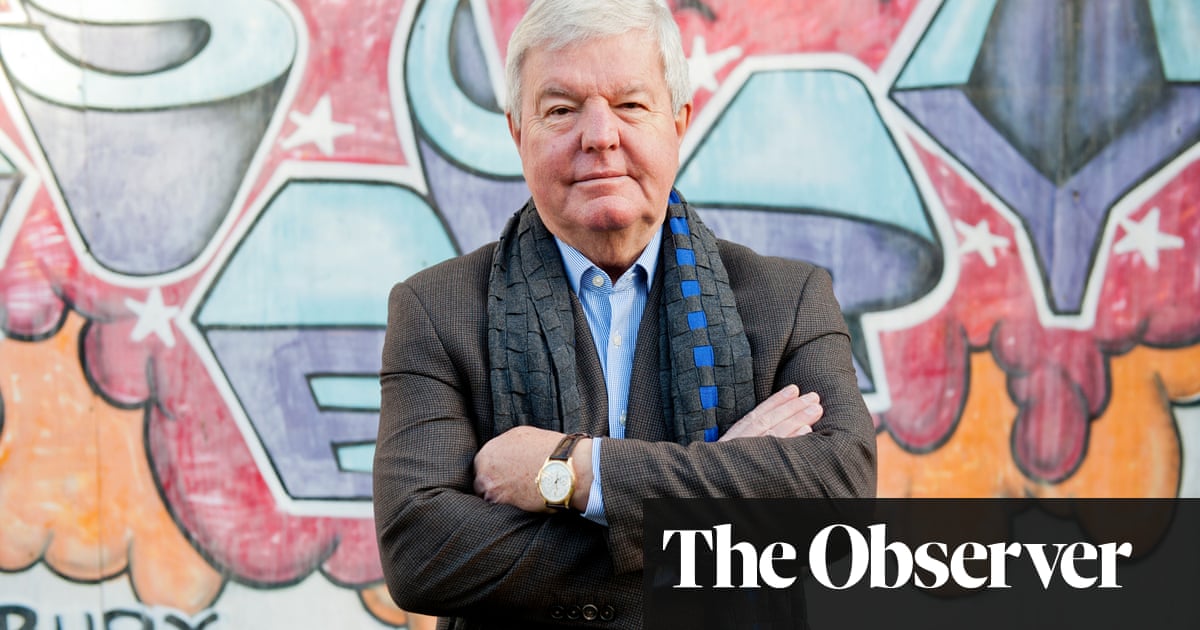Czechs, Italians and Richard Desmond vie to take over lottery from Camelot
The Canadian firm has made a fortune from the UK lottery for 27 years, but now faces strong contenders

Four rivals are vying for the 10-year licence to run the national lottery, a lucrative contract that has been the sole preserve of Canadian-owned Camelot for nearly three decades.
Czech-owned Sazka Group, which runs lotteries in Greece, Italy and Austria as well as its home country, is seen as the greatest threat to Camelot’s castle walls. It has recruited some boardroom heavyweights to help in its attempt to breach them, via a new UK venture called Allwyn.
Allwyn’s chairman, Sir Keith Mills, was instrumental both in winning the 2012 Olympics bid for London and in organising the Games. In the world of business, he is revered as the brains behind air miles and Sainsbury’s Nectar card. Allwyn’s star-studded advisory board also includes former Sainsbury’s chief executive Justin King and venture capital guru Brent Hoberman, and it is working with Vodafone on the technology underpinning its bid.
The company is ultimately controlled by Sazka supremo Karel Komárek, a Czech billionaire who made much of his estimated £2.8bn fortune from investments in oil and gas after the 1989 Velvet Revolution against Soviet rule.

Komárek has few UK interests, although he once fought an acrimonious courtroom battle with British oil firm Ramco Energy. The Czech businessman defended himself vigorously against allegations which were, the court heard, worthy of a James Bond film.
Also in the running is a face more familiar to the British business community, media mogul Richard Desmond. The former proprietor of the Daily Express and Asian Babes sold his stake in media group Reach to fund a £20m tilt at running the national lottery via his Northern & Shell vehicle. Desmond already owns the Health Lottery, which has its roots in an abortive attempt in the 1980s to raise funds for the NHS.
The Health Lottery has been running since 2011 but not without controversy. It was criticised in the year of its launch for devoting too small a proportion of ticket sales to good causes, but has subsequently increased contributions.
Desmond has crossed swords with Camelot once before. In 2012, the Canadian-owned firm failed in its legal bid to have the Health Lottery’s licence from the Gambling Commission revoked.

Among the challengers to Camelot, Italian operator Sisal, headed by chief executive Francesco Durante, has perhaps the lowest profile but it is not there just to make up the numbers. Owned by private equity group CVC, which bought it for €1bn in 2016, Sisal has operations in Spain, Morocco and Turkey – where it fought off Sazka to win two lottery contracts – as well as in its native Italy.
Sisal has teamed up with the children’s charity Barnardo’s to burnish its good-cause credentials, and is working with BT on the technology side.
Camelot, the incumbent, may be facing stiffer competition than ever but it is already benefiting from the ferocity of the battle.
Thanks to a six-month delay in the licence race, caused by its sheer complexity, the company, which has been owned by the Ontario Teachers’ Pension Plan since 2010, stands to make an extra £42m.
Camelot has faced criticism in recent years. An MPs’ report in 2018 found that while money for charitable causes raised by the lottery had climbed by 2% between 2009-10 and 2016-17, Camelot’s profits had increased by 122% over the same period, from £39m to £71m.
Camelot has pointed to significant overall increases in the good-cause pot under its stewardship, and recent performance has strengthened its case. This June, it reported record ticket sales of almost £8.4bn, with about £1.9bn raised for good causes, taking the total since 1994 to £43bn.
With Camelot, Sazka, Sisal and Northern & Shell fighting it out, the competition was too fierce for some. Indian lottery operator Sugal & Damani dropped out of the bidding earlier this year as, in 2020, did Sir Richard Branson, who is focusing on supporting Virgin Atlantic through Covid and travelling to the edge of space.
